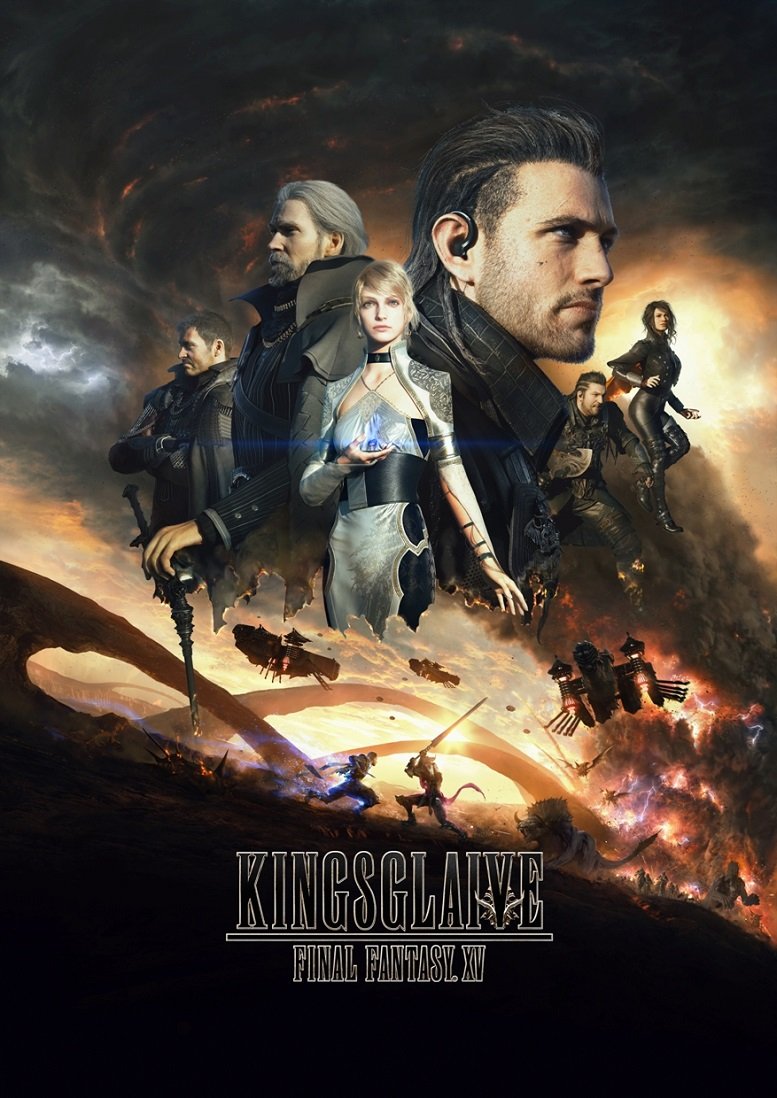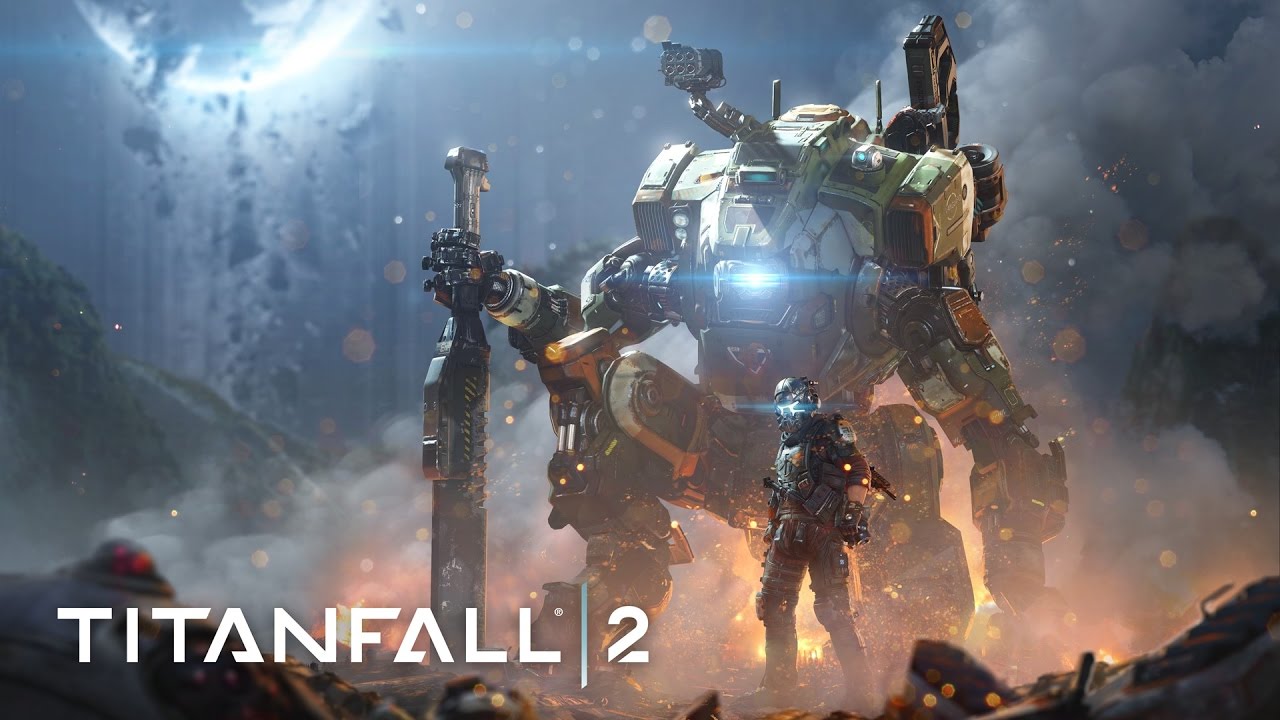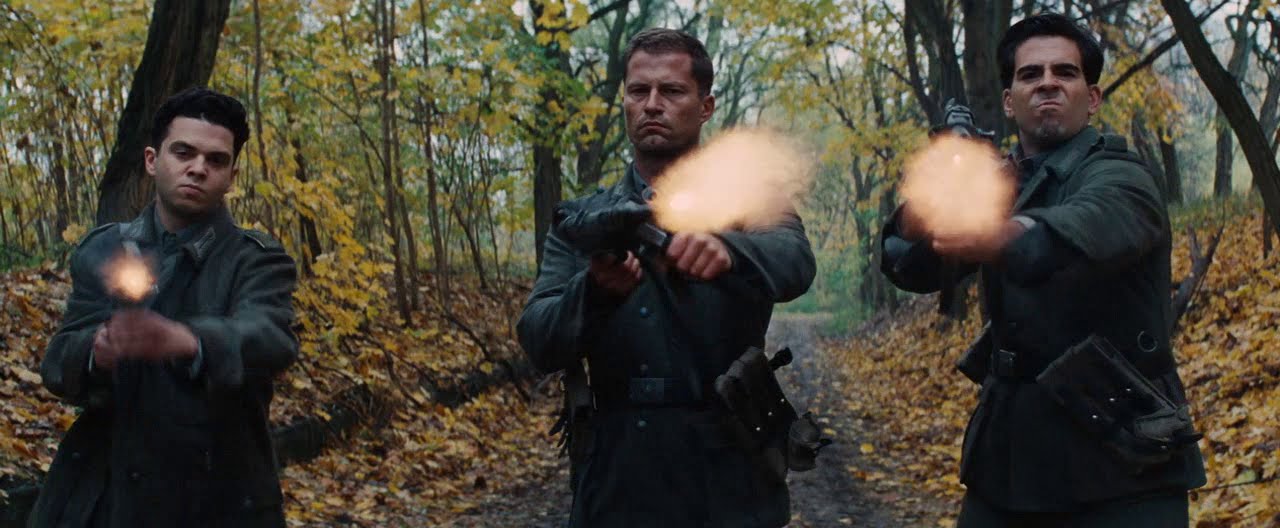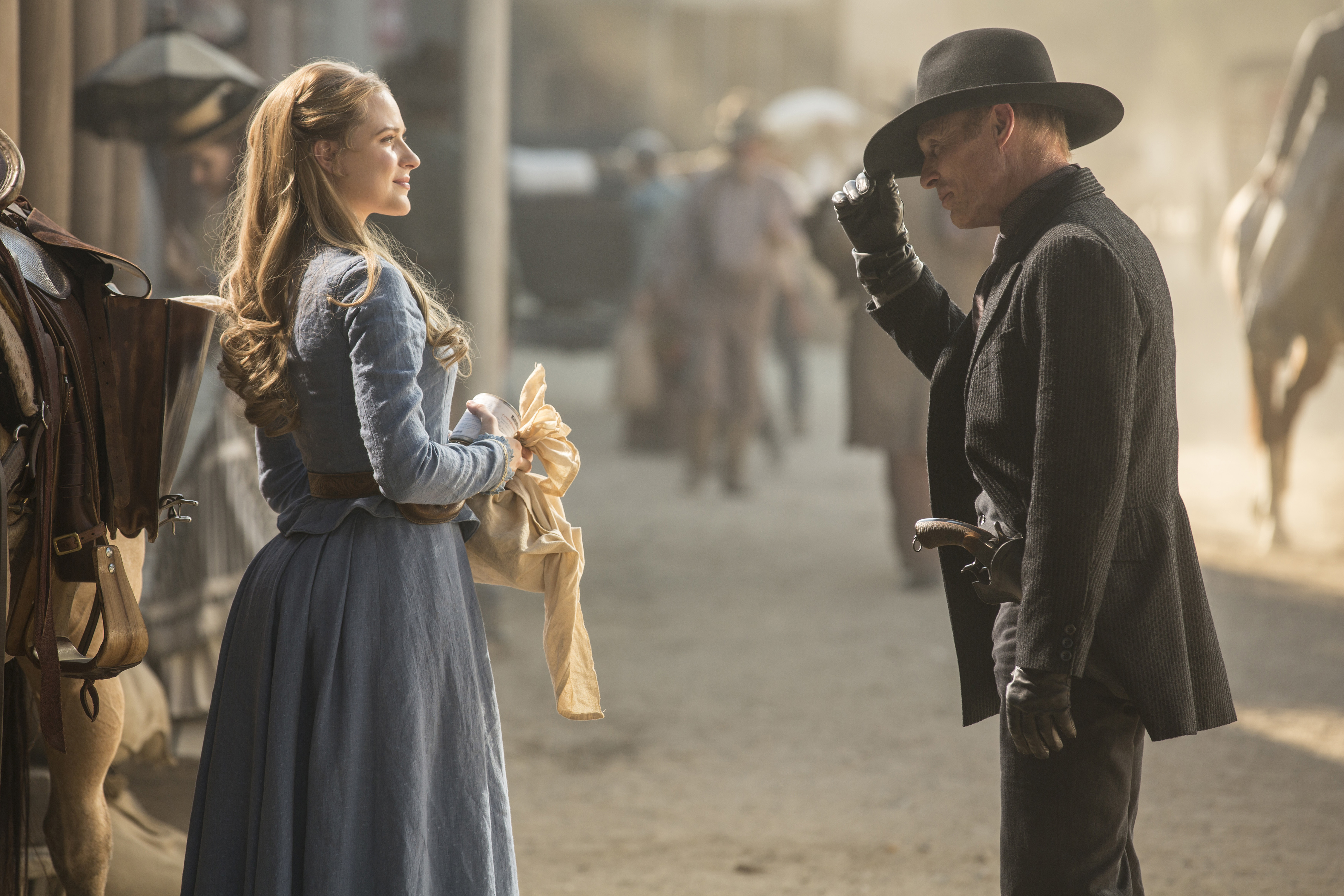Speaking purely in terms of entertainment, the first few months of 2017 have been spectacular. Peak TV has not let up one bit, with promising newcomers like Legion joining continuing successes like The Americans. Movies, especially more “popular” releases like Get Out, Logan, John Wick 2, and Lego Batman, have been exceedingly great.. But both still pale in comparison to the gaming landscape, which has seen a historically excellent slate of games, right in the middle of a period notorious for being a slow.
I already wrote about my love for Resident Evil 7, a game that is beginning to get left behind in the larger cultural conversation. February saw the release of Horizon: Zero Dawn, one of the greatest Playstation exclusives in Sony’s history and an enormous step forward for developer Guerrilla Games. But even that title, a massive Ubisoft-esque open world action game, was shortly eclipsed by the hype surrounding Zelda: Breath of the Wild, a game that was universally hailed as an instant classic and one of the very best games ever made a full week before it even released.
Continue reading Open-World Fatigue and the Importance of Release Dates




